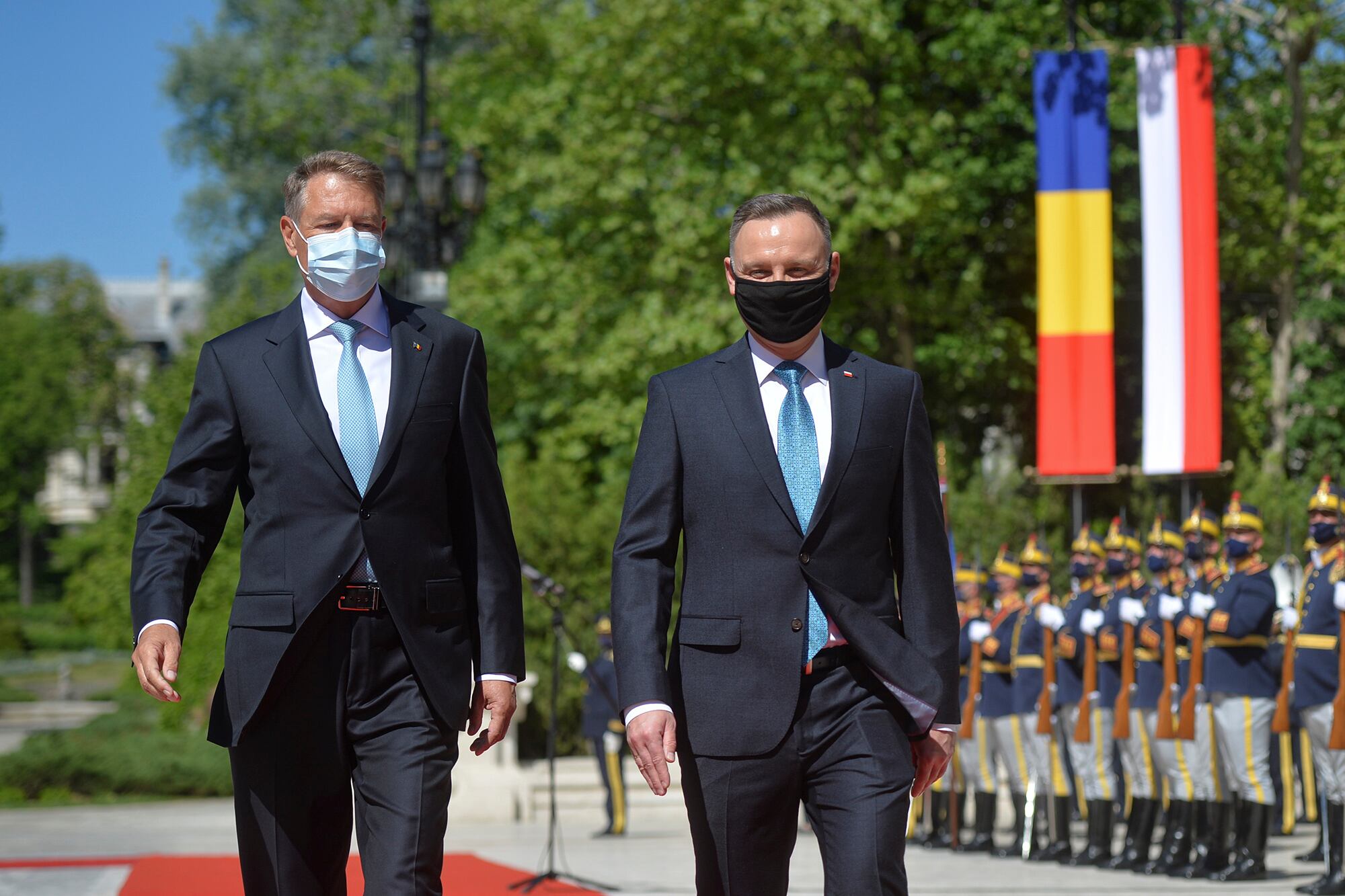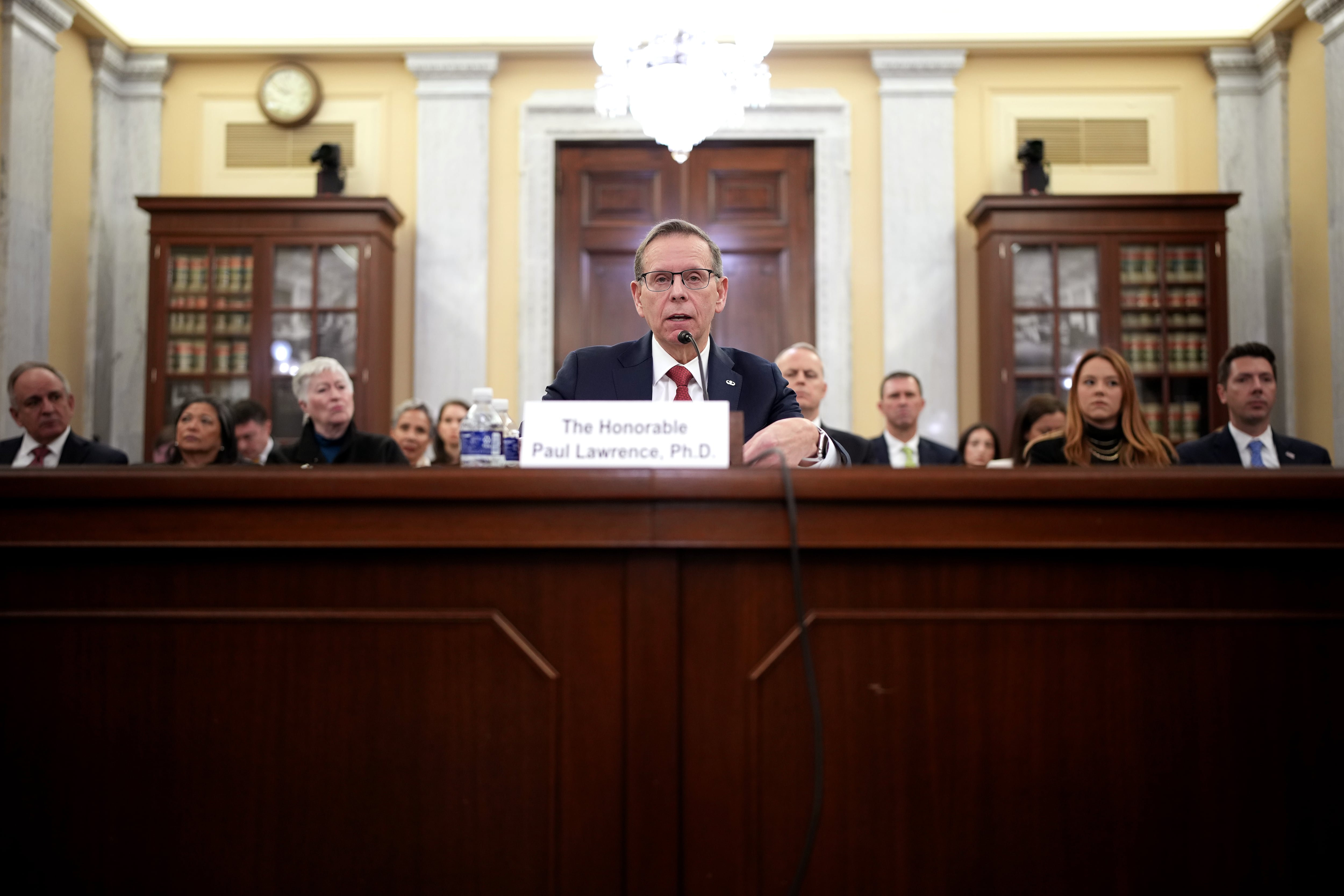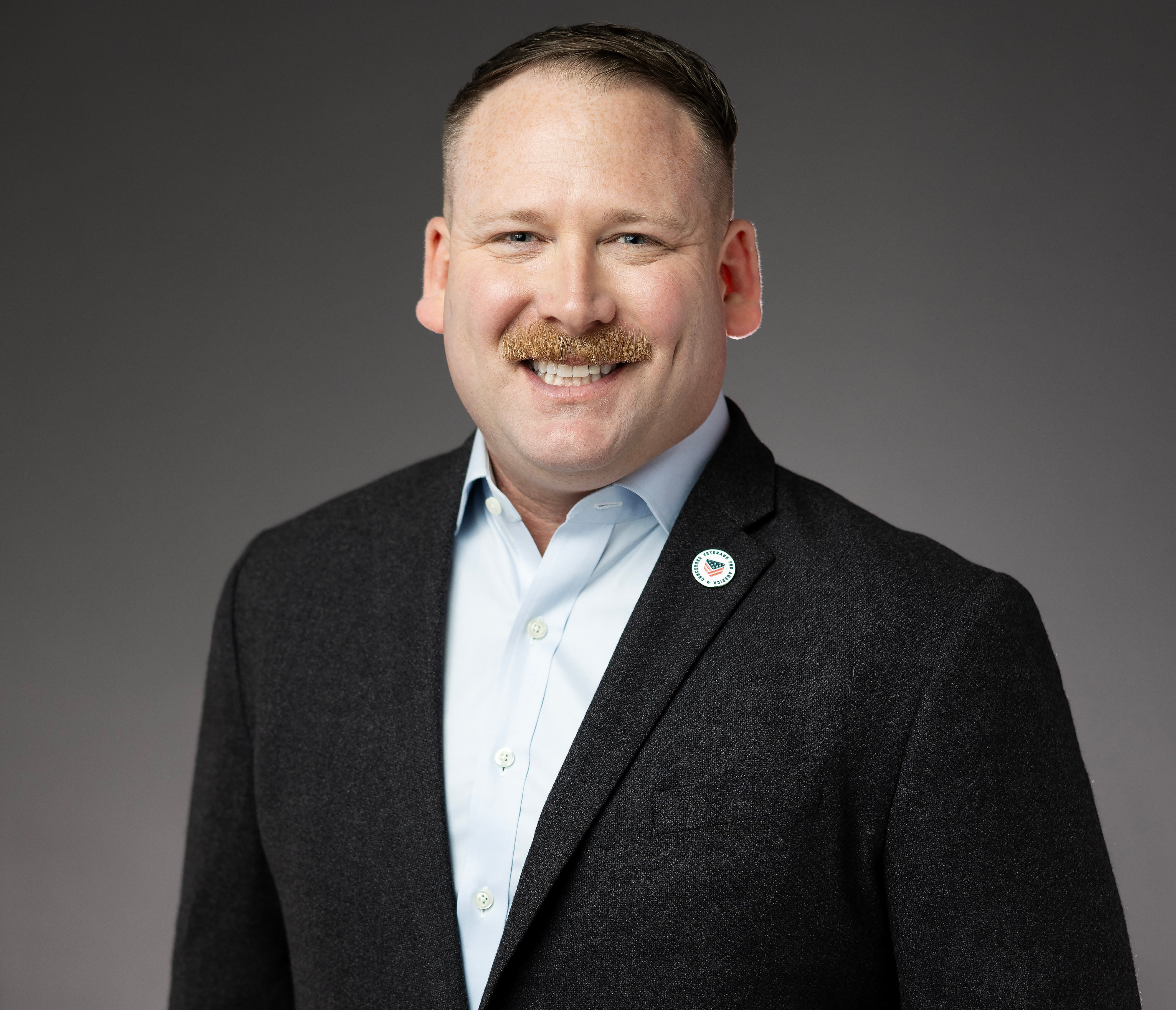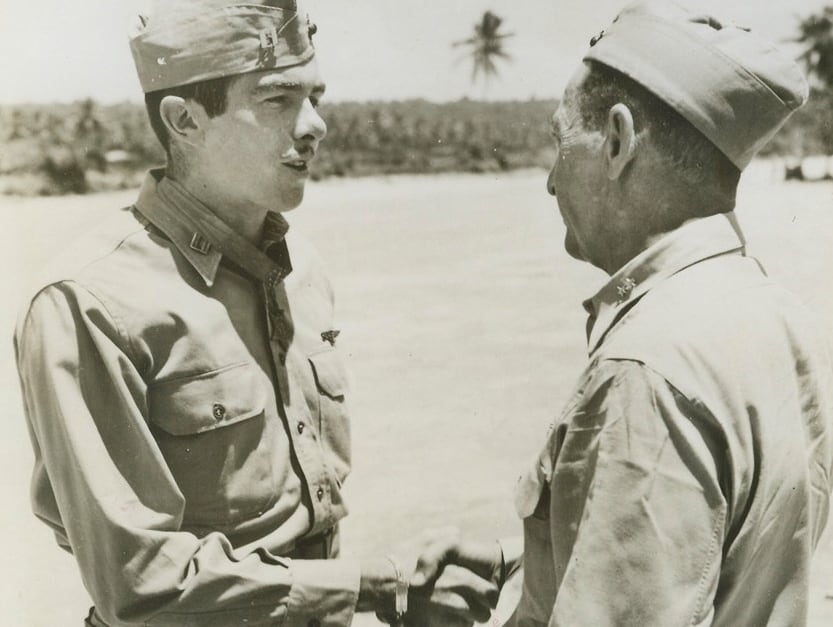BUCHAREST, Romania — Romania’s president told U.S. counterpart Joe Biden on Monday that more NATO troops are needed on the alliance’s eastern flank given Russia actions that are perceived as threatening by many in the region.
The appeal by President Klaus Iohannis came during a conference of regional leaders which Biden joined by video.
The Polish and Romanian leaders hailed Biden’s appearance as a sign of U.S. support for their security.
“The United States is the greatest guarantor of peace in the world,” Polish President Andrzej Duda said at a news conference in Bucharest after the meeting. “The presence of Joe Biden at the summit is a very important signal for me. It shows that the Euro-Atlantic bond is still alive.”
RELATED
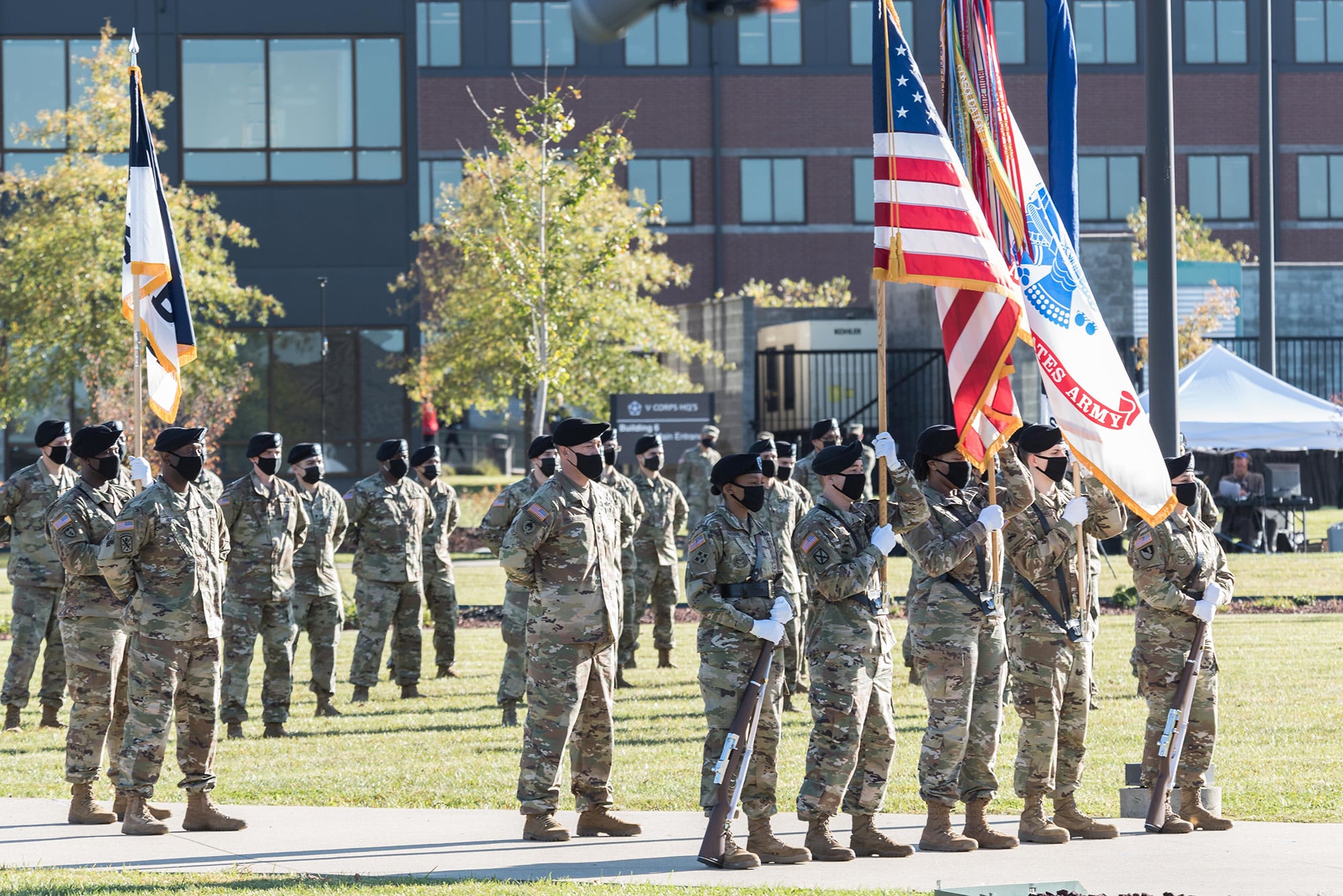
Duda and Iohannis gathered in person as the co-hosts of the meeting held in hybrid format. Other presidents, NATO Secretary-General Jens Stoltenberg and Biden joined by video.
In Washington, Biden’s press secretary, Jen Psaki, said the president “underscored his commitment to rebuilding alliances” and stressed his desire to cooperate with the nine allies on a range of issues, including global health security, climate change and energy security.
She said “he also expressed his support for enhancing NATO’s deterrence and defense posture, as well as the importance of allies increasing their resilience against harmful economic and political actions by our strategic competitors.”
Iohannis said increased Russian activity in the region, including in the Black Sea region where Romania is locked, “has shown us that we need to remain vigilant.”
“Therefore, NATO must continue to strengthen its position of deterrence and defense, especially on the eastern flank, in a unified and coherent manner, from the Baltic Sea to the Black Sea,” Iohannis said. “I pleaded — including in the discussion with President Biden — for an increase in the allied military presence, including of the U.S., in Romania and in the south of the eastern flank.”
The leaders represent the Bucharest Nine, a group of the easternmost members of the Western military alliance. Most of them share a concern about Russia’s attempts to reassert its influence over their region, their anxieties growing after Russia annexed Ukraine’s Crimean Peninsula in 2014.
NATO and the U.S. later deployed troops to the region, angering Russia. The calls for an intensified commitment come after Russia recently sent troops near Ukraine’s border before bringing many back.
Duda said he was relieved Russia had pulled back many of the forces, saying he believed that reduced the risk of another Russian invasion.
“But there is no doubt that the situation there is very difficult, that Ukrainian territory is occupied,” Duda said. “Neither Europe nor the world can take their eyes off this part of our continent.”
Other issues under discussion included Afghanistan. Czech President Milos Zeman strongly criticized NATO’s withdrawal from Afghanistan, saying he fears the country would become a new center for terrorism.
The members of the Bucharest Nine are Romania, Poland, Hungary, Bulgaria, the Czech Republic, Slovakia, Estonia, Latvia and Lithuania. They were all controlled by Moscow during the Cold War, with the three Baltic states incorporated into the Soviet Union. Today they are all members of the European Union and NATO.
The Bucharest Nine is an initiative which Romania and Poland launched in 2015 to give the Eastern alliance members a way to discuss regional issues and forge a united voice in the larger NATO forum.
Monday’s meeting came ahead of a full NATO summit on June 14 in Brussels, where the alliance has its headquarters.
At the June summit, Biden and other leaders plan to discuss tense ties with Russia and China, the troop withdrawal from Afghanistan and the future of the 30-nation alliance.
Vanessa Gera reported from Warsaw. Alexandra Jaffe contributed to this report from Washington.
